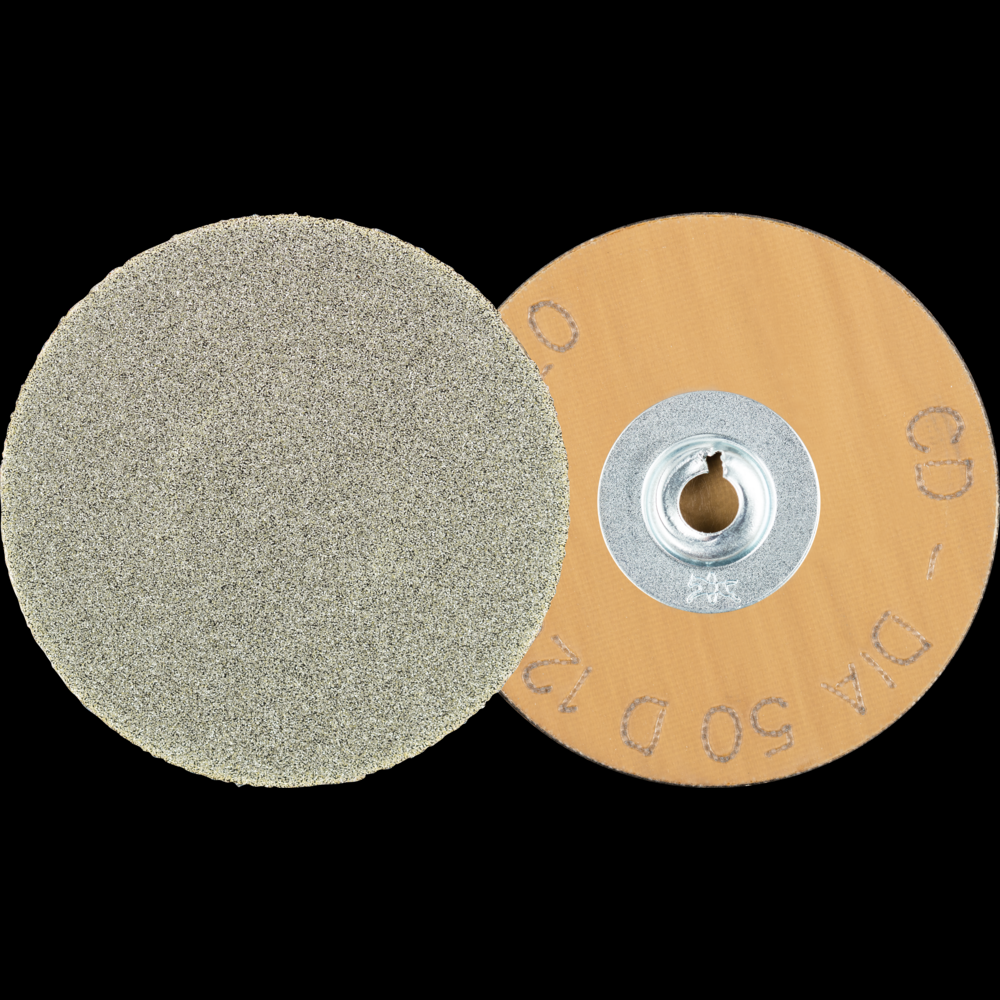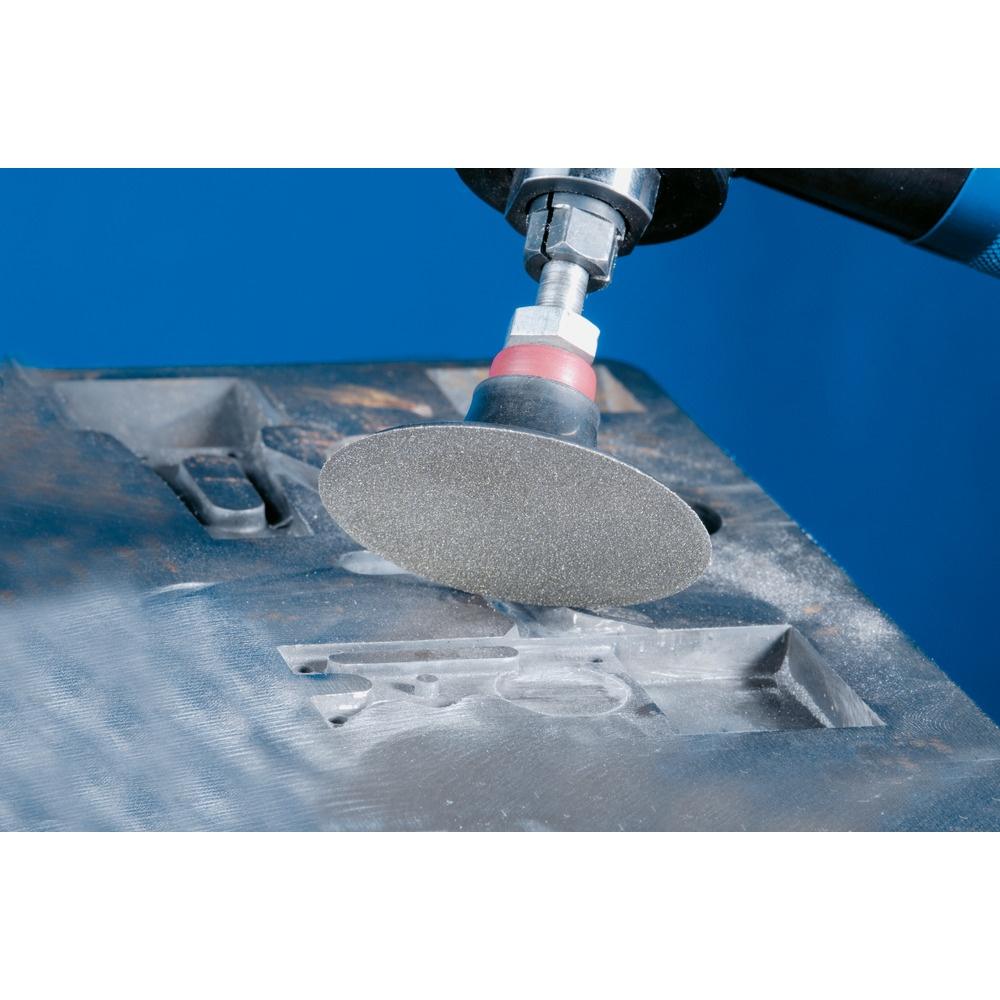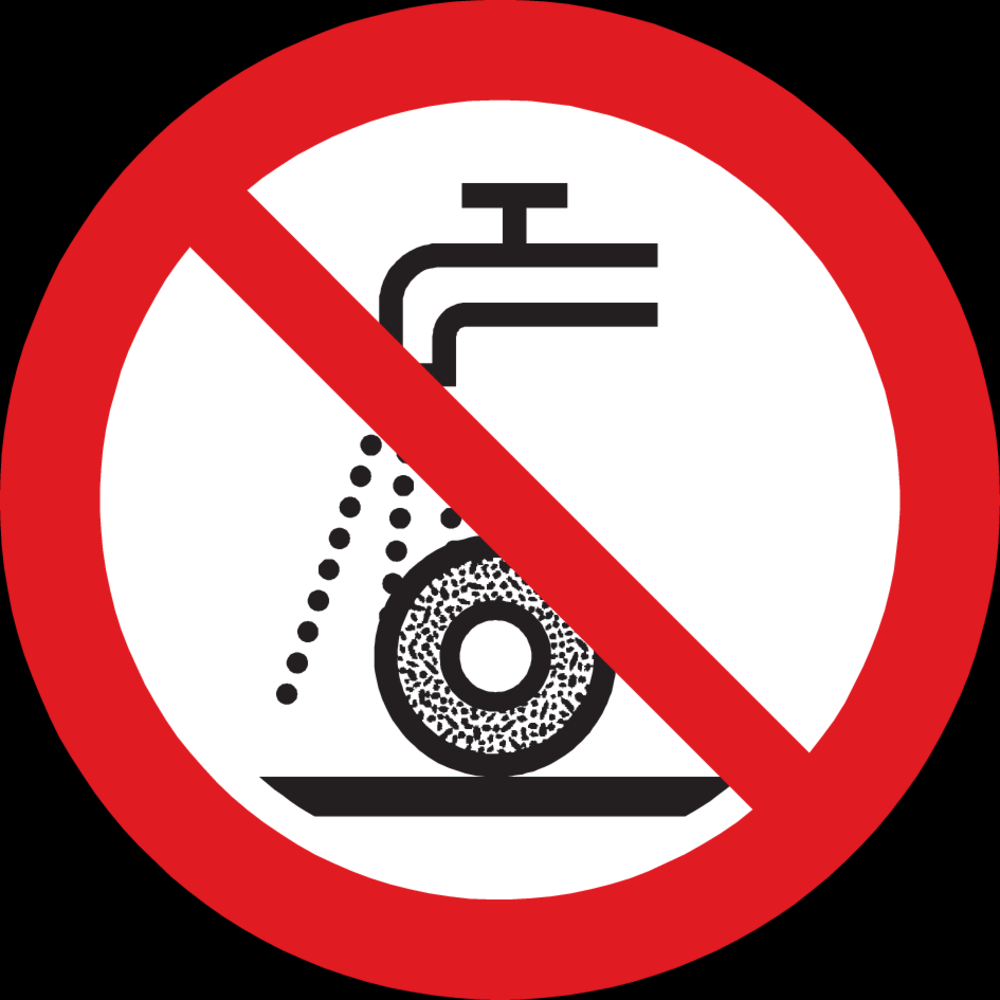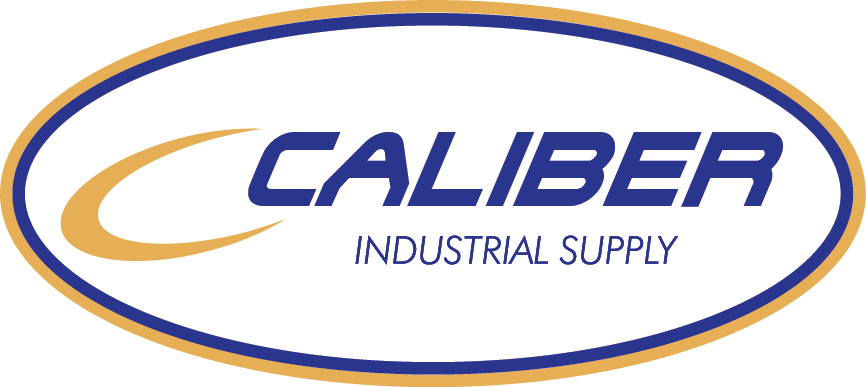Return
Print
Email








PFERD COMBIDISC® Diamond Abrasive Disc, 2" Dia, Type CD, D 126/P 120 Grit by Pferd Inc.
Call For Price
- Part Number: 609GA1Y
- UPC: 04007220750377
- Availability: Call to check availability
Quantity:
Add To Cart
Add To Estimate
Add To Wishlist
Compare Item
Product Overview
Info & Guides
Designed for work on wear-resistant coatings and for hard facings made of tungsten carbide, chromium carbide, titanium carbide, etc. Ideal for materials used in aircraft engine construction and for extremely hard materials. Grit size according to ISO 6344: P 120. The CD clamping system has a threaded connection with female thread (metal/plastic). Also compatible with the following commonly used systems: PSG, Power Lock Type II "turn on", SocAtt, Turn-On.
Specifications
Details
Industrial Category:
Abrasives
Industrial Subcategory:
Abrasive Wheels, Discs and Brushes
Industrial Subtype:
Sanding Discs and Kits
Category Level 4:
Quick Change Discs
Abrasive:
Diamond
Applications:
Deburring
Applications 1:
Step-by-step fine grinding
Applications 2:
Leveling
Applications 3:
Roughening
Applications 4:
Sharpening
Applications 5:
Surface work
Applications 6:
Work on weld seams
Applications 7:
Working on edges
Clamping System:
CD system
Country of Origin:
DE
Diameter External (In):
2.00
Drive Types:
Angle grinder
Drive Types 1:
Cordless angle grinder
Drive Types 2:
Flexible shaft drive
Drive Types 3:
Straight grinder
EAN:
4007220750377
EDP:
40522
Grit Size:
126
Item Quantity:
10
Item Weight (kgs):
0.005
MANUFACTURER_TYPE_DESCR:
CD DIA 50 D 126 - P 120
Materials that can be worked:
Cobalt-based alloys
Materials that can be worked 1:
Fibre-reinforced thermosetting plastics (GRP, CRP)
Materials that can be worked 2:
Nickel-based alloys (e.g. Inconell and Hastelloy)
Materials that can be worked 3:
Stone
Materials that can be worked 4:
Thermoplastics
Materials that can be worked 5:
Titanium
Materials that can be worked 6:
Titanium alloys
Optimum RPM:
3800 - 7500 RPM
Order Quanityt:
20
Pferdefficiency:
PFERDEFFICIENCY recommends COMBIDISC® products to reduce disc change and setup times.
Pferdergonomics:
PFERDERGONOMICS recommends COMBIDISC® as an innovative solution to reduce vibration, noise and dust produced during use and to improve comfort when working.
Prop 65:
View
Recommendations for use:
Use COMBIDISC® grinding discs with arbors or abrasive disc holders on flexible shaft drives with angle handpieces, compressed-air or electric angle grinders.
Recommendations for use 1:
Use the appropriate grinding oil for the material to significantly increase the service life and the abrasive performance of the discs.
Recommendations for use 2:
For best performance, use at a recommended peripheral speed of 2,000-4,000 SFPM.
Recommendations for use 3:
Use with hard or medium-hard COMBIDISC® abrasive disc holders.
Safety notes:
The maximum permitted peripheral speed is 9,800 SFPM.
Safety notes 1:
For safety reasons, the maximum permitted rotational speed indicated must never be exceeded.
UNSPNC:
31191506
UPC Code:
97758405225
Manufactured By:
Pferd Inc.
Other Details
Convenient to use due to simple handling and low-vibration working.
No operational disruptions caused by sticking, slipping, or disengaging.
Reduced down time due to quick changes.
SAVE
%
%
1
Items
Items

PFERD COMBIDISC® Diamond Abrasive Disc, 2" Dia, Type CD, D 126/P 120 Grit
(609GA1Y)
Pferd Inc. 42740008
Call for Price

